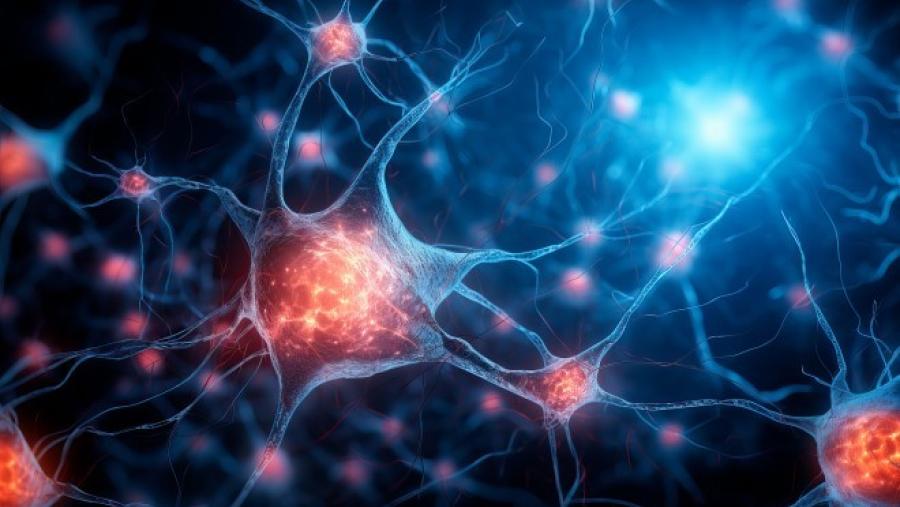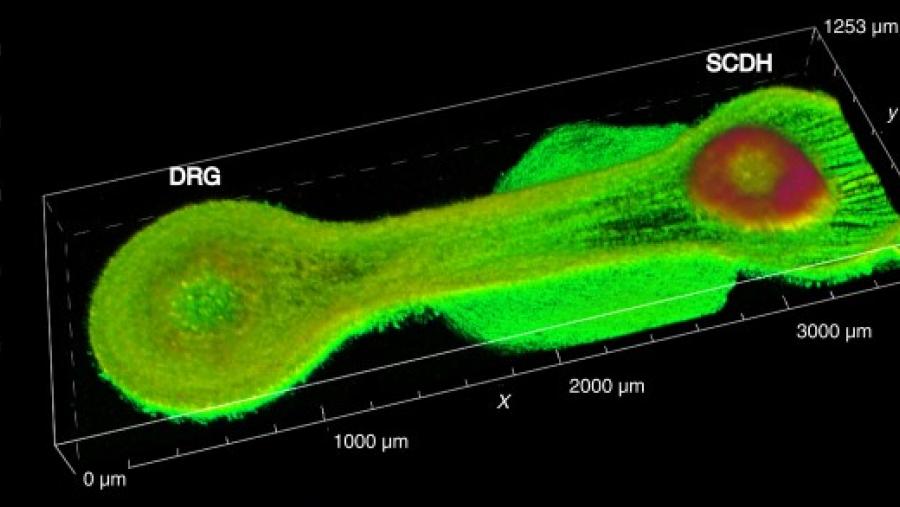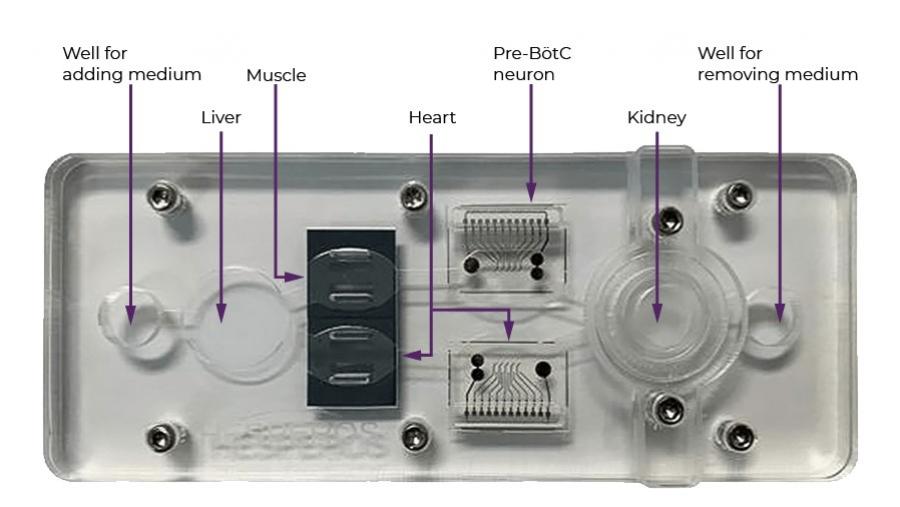Translational Research to Advance Testing of Novel Drugs and Human Cell-Based Screening Platforms to Treat Pain and Opioid Use Disorder
Overview
The Research Need
New interventions are needed to treat opioid misuse and addiction as well as to help people manage pain safely and effectively. Scientists need more accurate research models to understand how potential new drugs affect human biology.
About the Program
Through the National Center for Advancing Translational Sciences (NCATS), NIH provides translational science resources and technical expertise to researchers studying pain, addiction, and overdose. This program fosters collaboration between preclinical researchers at NIH-funded institutions and experts at the NCATS Intramural Division of Preclinical Innovation. NIH-funded scientists contribute background knowledge and a starting point for a particular project, and NCATS scientists bring an equivalent wealth of knowledge in translation – along with expertise to transform those starting points into useful tools and platforms for drug development. This research aims to advance knowledge about the underlying biology of pain, addiction, and overdose; develop novel platforms to facilitate therapeutic development; develop new treatments; and determine which ones are most effective.
The program uses innovative artificial intelligence algorithms to predict and synthesize novel structures capable of interacting with specific targets; enables small-scale synthesis of predicted molecules; and incorporates in-line, rapid biological testing of those molecules. Through an iterative process, the resulting data are used to improve design, synthesis, and biological characteristics of molecules.
The program also creates human tissue-based microphysiological systems, also known as tissue chips or “organs-on-chips.” These tools advance knowledge of how the nervous system responds to painful stimuli – as well as what mechanisms underlie acute and chronic pain, addiction, opioid use disorder, and overdose.
Open Funding Opportunities
There are no Open Funding Opportunities at this time.
Research Examples
Research examples supported by this program include:
- Performing preclinical testing of candidate therapeutics for treating pain and opioid use disorder
- Developing high-throughput screening methods to identify pharmacological probes
- Elucidating promising chemical structures for therapeutic candidates
- Developing an iterative learning and automated, modular platform to discover non-addictive pain medications
- Developing a closed-loop system integrating chemical, biological, and computational approaches for next-generation pain medications
- Developing and characterizing induced pluripotent stem cell-derived cell types relevant to nociception, addiction, and overdose
- Developing multicellular constructs that mimic the structure and function of tissues involved in pain, addiction, or overdose using relevant human primary or induced pluripotent stem cell-derived cells
- Determining cellular contributors to individual human susceptibility to different pain conditions
- Profiling epigenetic and cellular changes underlying human pain pathways
- Tulane University – Louisiana
- University of California, Los Angeles – California
- University of Central Florida – Florida
- University of Pittsburgh – Pennsylvania
- University of Texas, Dallas – Texas
Participating NIH Institutes, Centers, and Offices
- Eunice Kennedy Shriver National Institute of Child Health and Human Development (NICHD)
- National Center for Advancing Translational Sciences (NCATS)
- National Heart, Lung, and Blood Institute (NHLBI)
- National Institute of Arthritis and Musculoskeletal and Skin Disease (NIAMS)
- National Institute of Biomedical Imaging and Bioengineering (NIBIB)
- National Institute of Dental and Craniofacial Research (NIDCR)
- National Institute of Neurological Disorders and Stroke (NINDS)
- National Institute on Drug Abuse (NIDA)
Contact
Resources
Collaboration Opportunities
ASPIRE Design Challenges
- Announcement of the NCATS ASPIRE Design Challenges to Develop Innovative and Catalytic Approaches Towards Solving the Opioid Crisis NIH Guide Notice (NOT-TR-18-031)
- Challenge 1: Integrated Chemistry Database for Translational Innovation in Pain, Opioid Use Disorder and Overdose
- Challenge 2: Electronic Synthetic Chemistry Portal for Translational Innovation in Pain, Opioid Use Disorder and Overdose
- Challenge 3: Predictive Algorithms for Translational Innovation in Pain, Opioid Use Disorder and Overdose
- Challenge 4: Biological Assays for Translational Innovation in Pain, Opioid Use Disorder and Overdose
- Challenge 5: Integrated Solution for Translational Innovation in Pain, Opioid Use Disorder and Overdose
View Other Research Programs in This Focus Area
- Development and Optimization of Non-Addictive Therapies to Treat Pain
- Discovery and Validation of Novel Targets for Safe and Effective Treatment of Pain
- Preclinical Screening Platform for Pain (PSPP)
- Restoring Joint Health and Function to Reduce Pain Consortium (Re-JOIN)
- Translating Discoveries into Effective Devices to Treat Pain
 U.S. Department of Health & Human Services
U.S. Department of Health & Human Services



